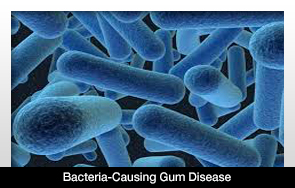 |
Triclosan may be the most important ingredient in fluoride toothpaste.
A new study shows that triclosan, which is a bacterial agent, combines with a copolymer to decrease plaque, gingivitis and bleeding gums. It also slightly lowers tooth decay when compared to fluoride toothpaste that doesn’t possess those substances.
The information appears in a study by The Cochrane Library.
Tooth decay and gingivitis are the top causes of tooth loss. Plaque produces both conditions after the film of the bacteria build up on teeth. When left alone, periodontitis may be the result.
The research team from the Cochrane Oral Health Group analyzed 30 studies on toothpaste containing triclosan and copolymer to deduce the information.
The analysis of the data showed a 22 percent reduction of plaque, 22 percent reduction in gingivitis, a 48 percent reduction in bleeding gums and 5 percent lowering of cavities. For periodontitis, however, there was not a major reduction of cases.
Many of these studies were either directly related or had some connection to a company that makes toothpaste. Only three studies would be considered independent. But if these studies are true, this information could prove to be beneficial.










